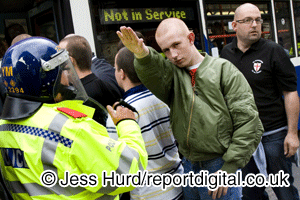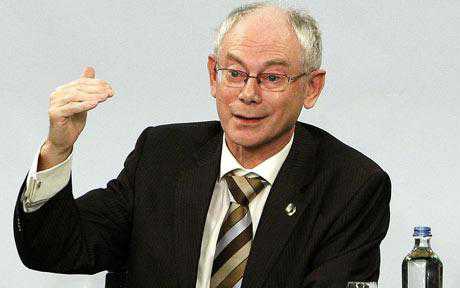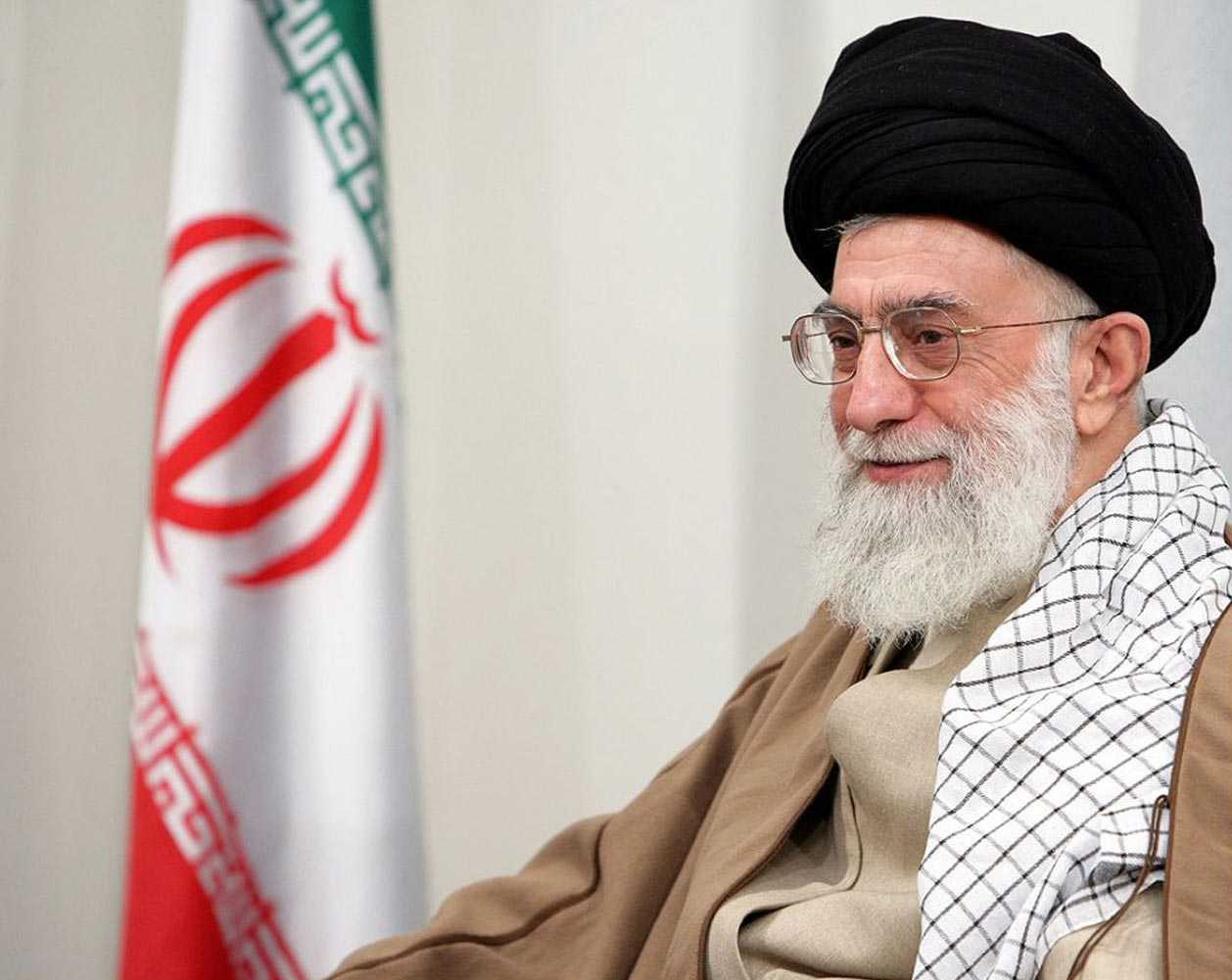By Nick Lowles
A middle-age, respectable looking man has emerged as a key figure behind the English Defence League. Alan Lake, a 45-year-old businessman from Highgate, North London, sees the EDL as a potential “street army” willing to be deployed against what they claim is rising Islamisation of modern Britain.

Lake, who claims to have made money through computers, runs a series of intranet services for far-right groups across the world. Addressing an anti-Islam conference in Sweden last month, organised by the far-right Swedish Democrats, he told delegates it was necessary to build an anti-Jihad movement. He spoke of the need for “people that are ready to go out in the street” and boasted that he and his friends had already begun to build alliances with “football supporters”.
“We are catching a baby at the start of a gestation,” Lake later told The Guardian. “We have a problem with numbers. We have an army of bloggers [on the far right] but that’s not going to get things done.
“Football fans are a potential source of support. They are a hoi polloi that gets off their backsides and travels to a city and they are available before and after matches.”
In addition to funding materials and publicity, Lake has established a website that he hopes will become a clearing house for the EDL and like-minded organisations. He says that people in the movement must choose their roles. Some can debate on forums, some can be experts on the Koran. He is, however, quick to distance himself from fascist organisations and one of his only demands of the EDL in return for his funding is that it distances itself from groups such as the British National Party.
Indeed, Lake appears to want to build alliances with all groups who might fall foul of the strict Islamic code, including lesbian and gay organisations, other religions and ethnic groups and supporters of free speech.
Lake wants the message to be short and easy. At the Swedish conference he announced a manifesto based on four freedoms: free speech, democracy, equality in law and cultural tolerance, with no exemptions for any ideology or religion.
He also stressed the urgency of the issue, claiming that within 40 years Muslims would be in the majority.
Lake’s offer to finance the EDL appeals to the Luton division, who remain at the EDL’s core. What began as a local reaction to the protest by a handful of Islamic extremists at a parade by the Royal Anglian Regiment in March has mushroomed into a national network that has increasingly been under the media spotlight due to several clashes in cities around the country.
Violence has already occurred in Luton, Birmingham and Harrow and further EDL events are planned for Manchester, Leeds, Swansea and Glasgow.
The EDL is run by 15 key people across the country who co-ordinate activists via email and social networking sites, such as Facebook. The group lacks a coherent message or vision, and even within its core, the EDL means different things to different people. Indeed, none of the 15 so-called leaders appears to have actually met all the others.
The EDL seems to have become an umbrella name for a number of existing anti-Islam groups, such as the Birmingham-based British Citizens Against Muslim Extremists, the Welsh Defence League and March for England.
While the group will claim to be open to anyone it remains centred around the football hooligan network and in particular gains support from the football gangs of Luton, Aston Villa, QPR, Southampton, Bristol Rovers, West Bromwich Albion and Wolves.
It has become apparent that some in Luton EDL have become uneasy over being linked to the BNP and far-right politics. For some this is a genuine aversion, while others might have been persuaded of this by Lake, who appears acutely aware of its negative impact on the group.
However, it is also clear that some other EDL leaders, in different parts of the country, have no problem with being linked to rightwing groups. The newly formed Scottish Defence League has known fascists at its core, while the Swansea Division shares many of its followers with the Swansea Jack hooligan group, which in turn supplies activists to the local BNP.
At the EDL protest in Birmingham fascists and rightwing extremists were clearly visible, some happily giving Nazi salutes. They included Chris Renton, a BNP supporter from Weston-super-Mare, who runs their website.
As publicity about the EDL continues, the group is likely to grow across the country. New units will form and new activists will take to the streets. Whatever Lake’s wishes it is unlikely that he will be able to direct EDL philosophy and actions too tightly. By its very nature and its core activity – taking to the streets – the EDL will attract people not averse to violence, particularly around the football hooligan network, and hardcore racists keen to use the group to spread racial hatred.
Hope Not Hate





